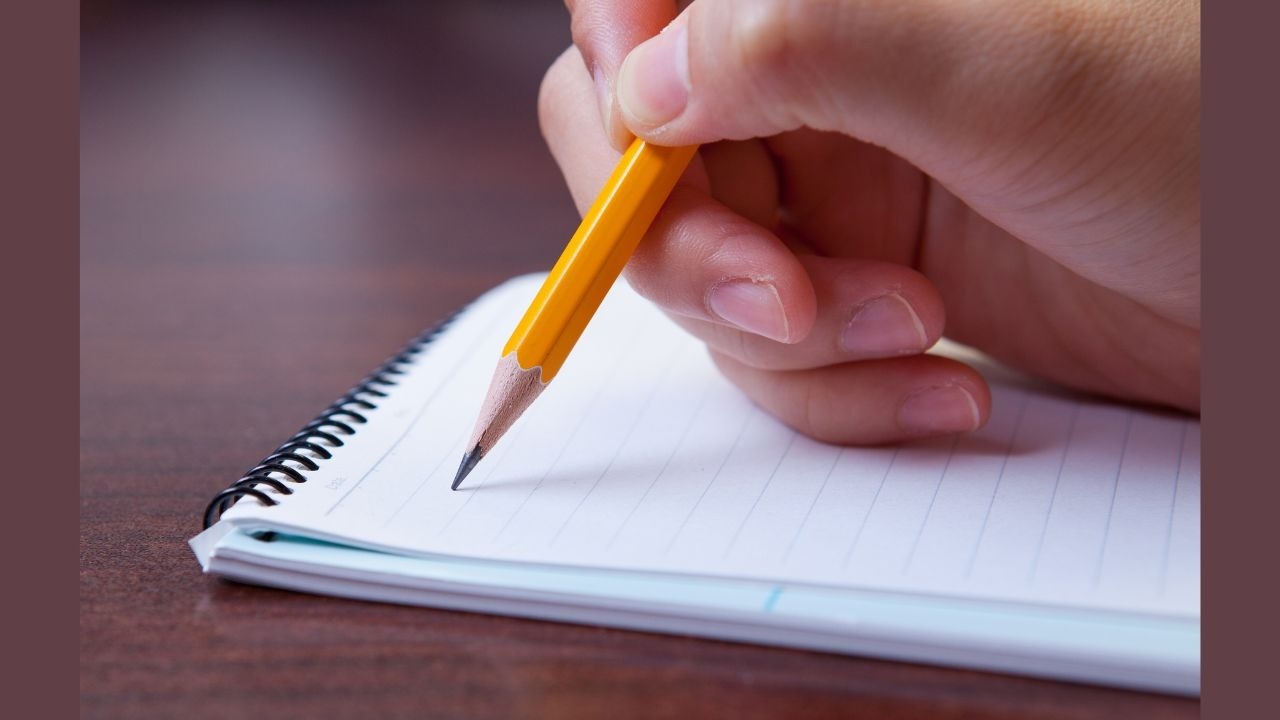
The Value of Taking Down Notes
Aug 08, 2022There are many benefits to taking down notes. First, it can improve memory retention, focus, and comprehension. When you take notes, you are essentially chunking information into smaller pieces, making it easier for your brain to process and remember. Not only that but taking notes helps you stay focused and on task when studying or working on a project.
Note-taking is an excellent skill to have
You might remember note-taking as an activity you once did as a student while studying. For example, while the teacher is discussing something or somebody is making a presentation or report, you may be taking notes of what they are saying to help you remember things and have a reference for future discussions or tests. It can be a required activity when a teacher writes a lecture on the board, and students must write them down in their notebooks because the teacher will check them later. It's a way of teaching the habit of note-taking to students, which can help them in the future.
Note-taking may be optional when it comes to remembering information from someone who is making a report or presentation in school. However, if someone has taken the habit of taking notes regularly, one will do it in such situations regardless of whether it is required. And once note-taking has become a habit, it's something that you can carry well into adulthood and apply in other situations, such as in the workplace or while watching or listening to something.
Note-taking provides several benefits that can aid in your growth and success. Here are some reasons you might want to make note-taking a habit.
1. It increases focus
Want to increase your ability to focus? Note-taking can help you do that. Taking notes requires paying attention to the speaker to make good notes. It means not making room for distractions that can affect your note-taking. Also, note-taking engages your mind by having you do different activities. They are in the form of listening well to the speaker, processing ideas in your head to decide what to write, and then writing the important points in your notebook or typing them on a gadget like a laptop. In turn, you learn how to focus on doing these things effectively.
2. It makes you a better listener
You may be passively listening to someone when you are not in the habit of note-taking. Passive listening is when you only hear what someone says without internalizing them. As such, you may ignore somebody talking and can't create a proper response due to not remembering much about what somebody is talking about while presenting, reporting, or communicating with you. Note-taking forces you to listen in an excellent way to create effective notes. It requires you to be actively listening to someone to produce great notes. As a bonus, your relationships with people can improve when you listen to them, creating a sense of being heard and appreciated by others.
3. You give yourself a reference for later use
Nobody has a perfect memory capable of remembering everything that another person says word for word. Memorizing may help you retain important concepts and ideas, but they may only last for a short while before you forget them. When you take notes, you put what you remember in written form so that you can look at them for reference later. These notes can even help you in other areas of life that may require such information. You also exercise your hand and practice your writing skills while note-taking.
4. You learn to prioritize and be creative
You won't be able to write everything that somebody says unless you write very fast and have good hearing and writing coordination. So, for the most part, you will only write the main points and key terms from what you hear instead of writing everything verbatim. To take note of these things, you will digest what you hear, extract key ideas, and write in your own words. You will learn to focus on the main concepts and write them down in lists, bullet points, or short descriptive summaries of what is being said. In turn, you get creative on how you will write the ideas you hear in a way that helps you remember and read easier from your notes.
5. It helps memory retention
Note-taking is an exercise in memory retention as you need to remember key concepts and ideas long enough to write them on your notes. Afterward, the aid of your notes in remembering things by reading them whenever you forget about something. In short, note-taking helps improve your memory while doing the process and as reinforcement for recalling things sometime in the future.
Taking notes can be helpful.
Writing your notes might be a lost art to some people, especially when they didn't get into the habit of doing it. Sometimes, it won't even be necessary since the teacher or presenter will hand down a copy of their lecture or send it through e-mail. People can relax and listen without having to write. However, it can incentivize the act of not properly listening since the lecturer will give the handouts later anyway.
Note-taking is still a handy skill today, and it is still valid. The note-taking system might have evolved from writing on notebooks to typing notes on laptops, smartphones, or dedicated note-taking devices. However, even with digital notes, the essence is still the same: you take in the main ideas from what you hear and jot them down in a way that helps you remember and understand what you hear. Note-taking is a practice that helps your focus, memory, and understanding, and these things can help you become more successful in your endeavors, such as meeting your goals. There are various note-taking strategies that you can use, and you can even create your style of note-taking that is fun while promoting active learning.



